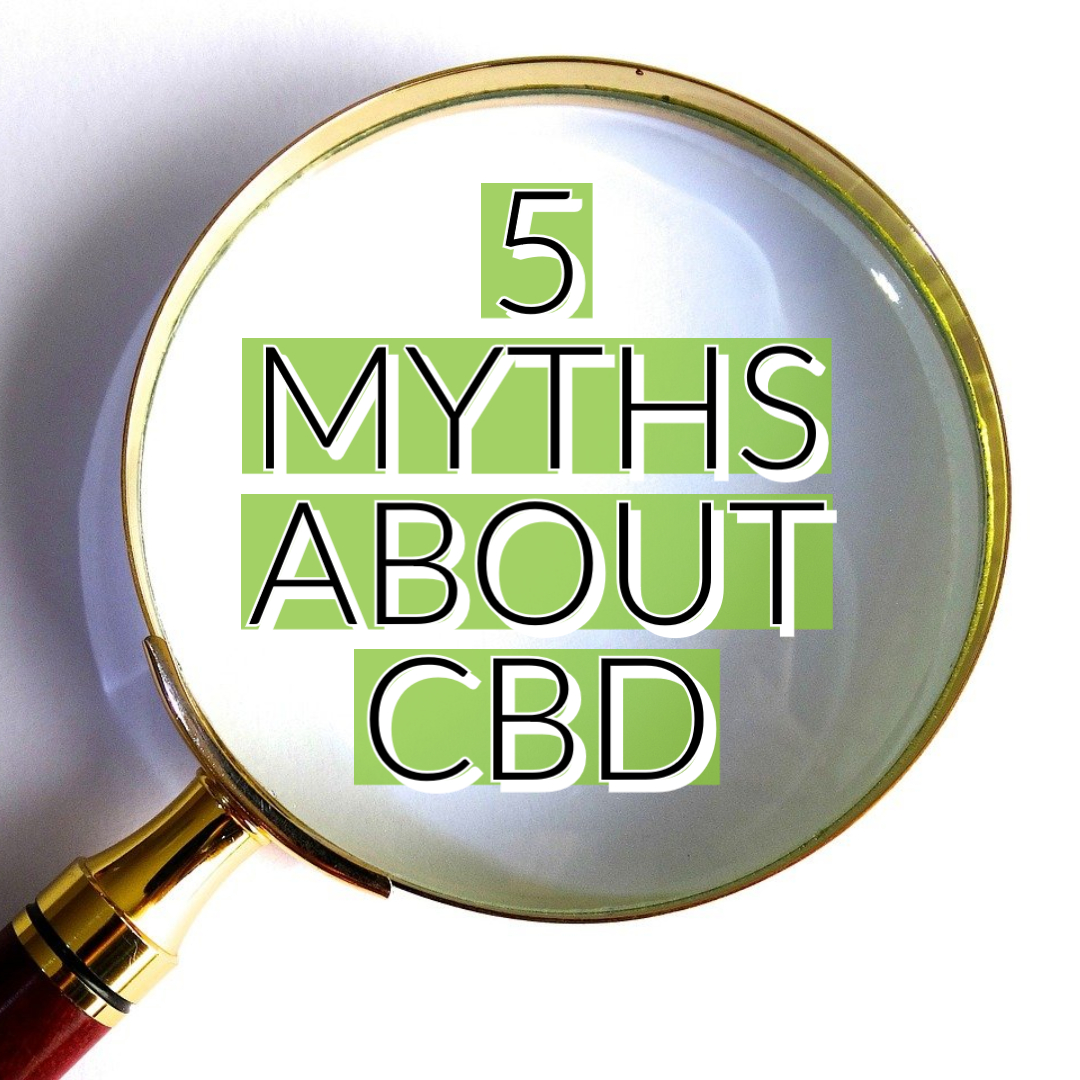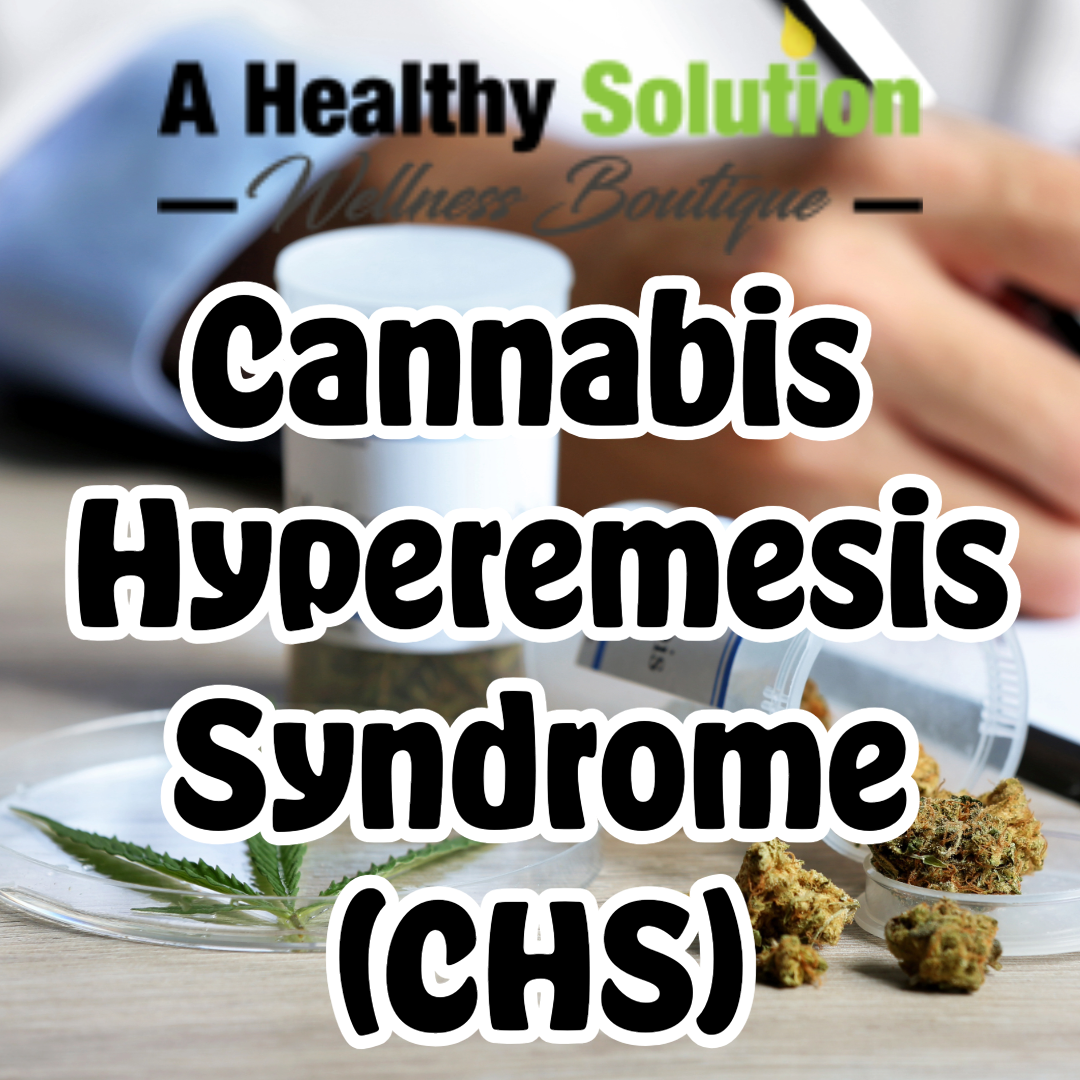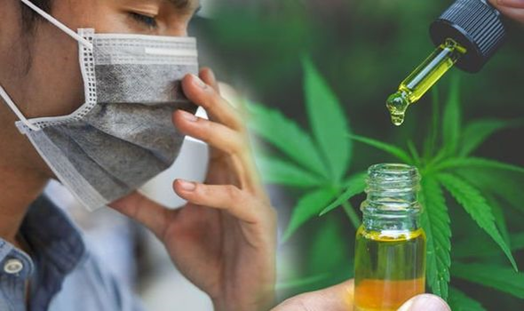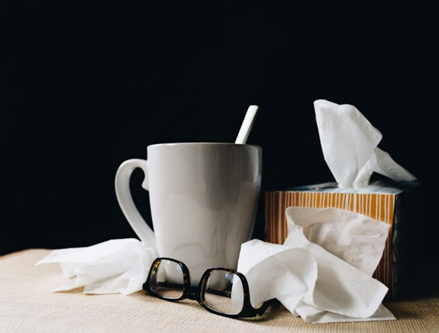Cannabidiol (CBD) is a non psychoactive compound derived from the Cannabis plant known for its potential therapeutic effects. There is a negative stigma surrounding CBD and what it is used for. I am going to talk about and debunk 5 common myths about CBD.
1. CBD Will Make You High.
a. This is the most common misconception about CBD. The substance that can cause the psychoactive or “high” feeling is THC. CBD is a non psychoactive and will not produce a high unless the label on the product has THC in it as well.
2. All CBD is the Same
a. As with almost any product on the market, CBD products can vary greatly between companies and products. Some plants naturally contain more CBD than others. Where the plants are grown can also affect their content and their potency. There are also products that use only single isolated CBD from the plant. Other companies may utilize the entire plant to provide the CBD and other beneficial terpenes in the product. There are also varying concentrations of CBD in every oil, tincture, and even edible. It is important to research a product before purchasing to ensure that it is exactly what is wanted.
3. CBD is Addictive
a. There is no evidence that CBD is addictive in any way. No one has ever become addicted to CBD. There is no mechanism in the body that creates the addiction process seen in other substances. There is evidence that shows that CBD may block the addictive effects of some painkillers by reducing the pleasure the body feels when taking such medications.
4. CBD Cannot Show Up in a Drug Test
a. Even CBD derived completely from hemp plants could still have trace amounts of THC present. This amount must be less than 0.3% to be legal in the US. However, this trace amount could show up in a urinalysis. If a person works at a company that performs regular drug testing, it may be a good idea to let your boss know you are on a CBD regimen or only take low doses of CBD. Since they utilize the entire plant to make the product, the products may still contain trace amounts of THC. Using single-compound CBD will be less likely to contain the trace amounts. There is also the CBD Isolate that can be a good choice if you want a CBD alternative that you can guarantee won’t be on a drug test. CBD isolate is a form of CBD, or cannabidiol, which is a chemical compound present in the cannabis plant. Unlike full-spectrum CBD products, CBD isolate does not contain any THC — the psychoactive component of cannabis. Studies suggests that while CBD isolate does offer certain health benefits, some of these may have less effect than those gained from using a full-spectrum CBD product. Though you are 100% guaranteed to not have any concerns for a drug test.
5. CBD Hasn’t Been Scientifically Proven to Help Any Health Conditions
a. There is a myth that CBD has not been scientifically proven to help any health conditions. And it is often said that its benefits are vague, but this isn’t true. There are certain health conditions that have been scientifically proven to be benefited by CBD. For example, the FDA approved a CBD-based medication to help treat seizure disorders that has been shown to be effective. There are also studies showing its effective for pain reduction, anxiety, insomnia, etc.
Overall, CBD is still a new medical treatment in the modern day but is safer to use than you may think. Why not give it a try? At AHS we have trained team and a nurse on staff to help answer any questions that you may have about CBD and what may work best for you and your body.






Leave A Comment
You must be logged in to post a comment.